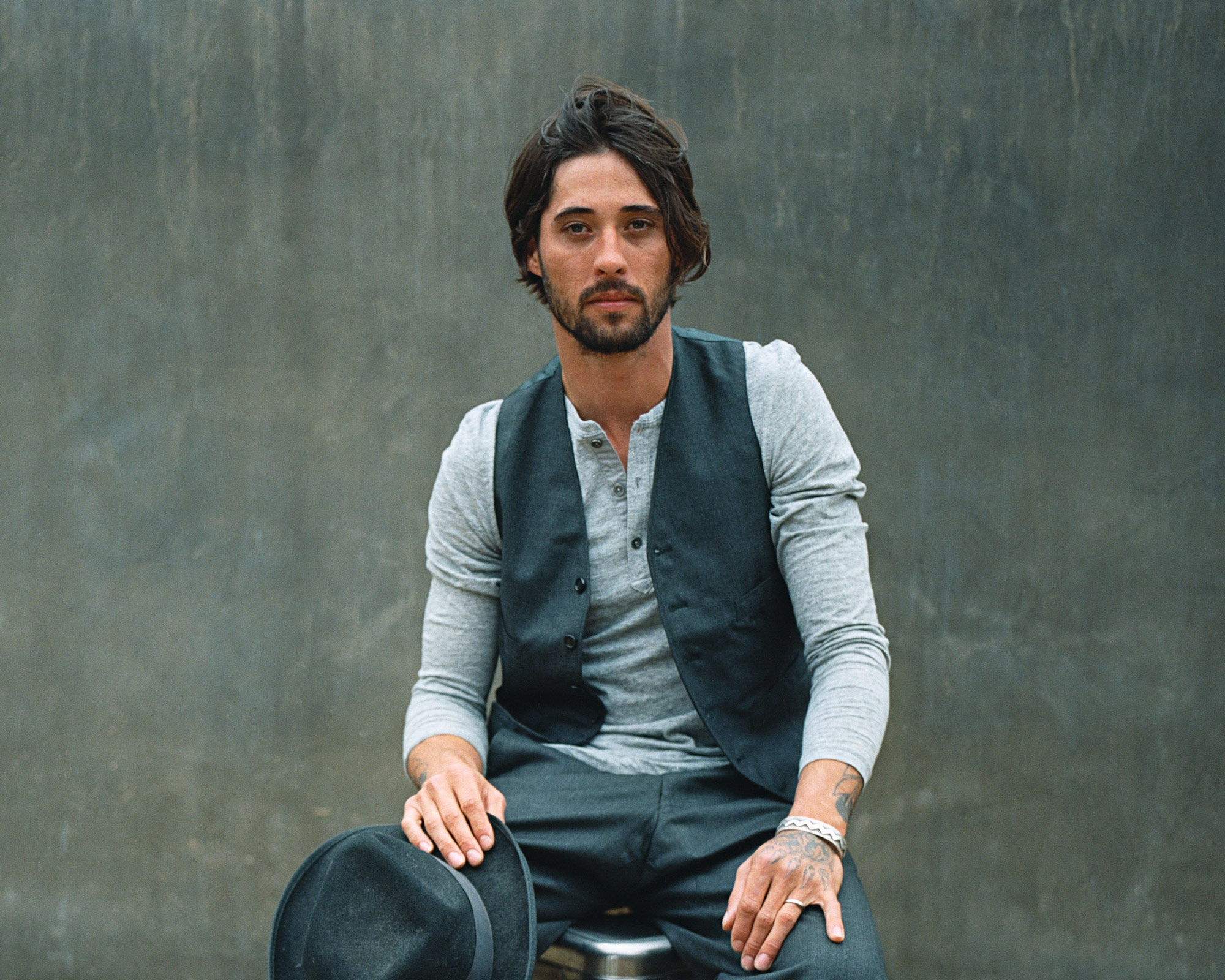
- Interview by Tina Essmaker January 15, 2013
- Photo by Anna Axster
Ryan Bingham
- musician
- songwriter
Born in New Mexico and raised across the Southwest, Oscar-winning musician Ryan Bingham earned critical acclaim with his debut album, Mescalito (2007). After his sophomore release of Roadhouse Sun, Ryan cowrote and performed “The Weary Kind,” the theme song for the film Crazy Heart. Ryan released Junky Star in August 2010. In 2012, Ryan and his wife, Anna, started Axster Bingham Records and, in September 2012, Ryan released Tomorrowland. Ryan and Anna live in Los Angeles.
Interview
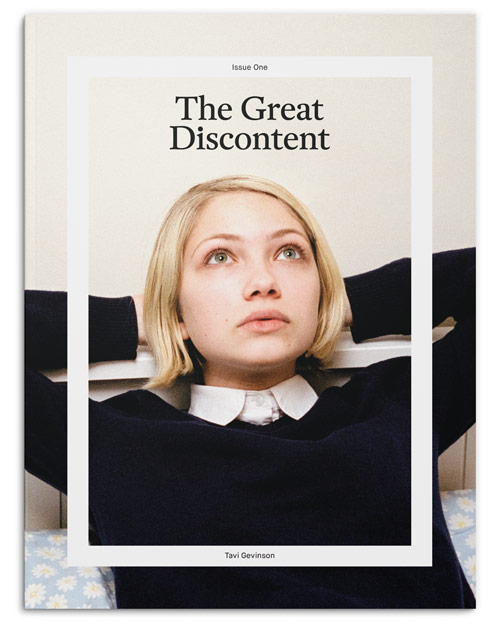 Editor’s note: An updated version of this interview, including new images and work, is featured in print in The Great Discontent, Issue One, available in our online shop.
Editor’s note: An updated version of this interview, including new images and work, is featured in print in The Great Discontent, Issue One, available in our online shop.
Describe your path to becoming a musician.
It’s been such a wild journey, I guess. Sometimes I don’t know where to start, but I kind of feel like I got into music by accident, more or less. My family was a ranching family from New Mexico and before I was born, they lost that ranch and went to work in the oil fields. I was born in Hobbs, New Mexico. After that, we moved around a bit, first to Bakersfield, California, and then back to the West Texas area, where I was raised.
When I was 16, my mother bought me a guitar. I’d always been a fan of music, but never really thought that I had any kind of musical talent. I didn’t think I had the ability to play an instrument or sing or write, even. I wasn’t a very good English student (laughing) and didn’t read much. I also wasn’t that interested or encouraged in the arts.
I guess I really got into playing music when I was going to rodeos. Because I came from a ranching family, I started going to junior rodeos as a kid and as I got older, I’d go on my own. I brought my guitar along, learned how to play, and made up songs with friends while we were on the road from town to town. The songs were mostly stories about places I had passed through and people I’d met along the way. It was more about having fun telling stories with my friends and it snowballed into getting gigs in bars and venues in the towns we visited. Before I knew it, I was in a band and traveling all the time.
Was creativity a part of your childhood?
It wasn’t that encouraged, I guess. The area I was from was very desolate and stark—there was nothing out there but little, bitty towns—which did leave a lot of room for imagination. I got so bored and tired of looking at the same scenery all the time that sometimes, my imagination ran wild.
I’ve never been to Texas, so I have no point of reference. What was it like where you were raised?
Where I was from, you ranched, worked in the oil field, or did some kind of farming. The history of the oil fields out there has really been up and down depending on what political party is running the country. (laughing) Whenever the oil field was having a good run, people were doing pretty good; whenever it wasn’t, people would just scrounge around. There weren’t many other options out there and playing music definitely wasn’t one of them. Anything artistic wasn’t encouraged because it wasn’t seen as something you could do to make a living.
Did you have an “aha” moment when you knew that music was what you wanted to do?
I did. My parents were both bad alcoholics and drug addicts and the whole thing went to shit when I was about 16. My family split up and after that, I was more or less out on my own or living with friends. I ended up in Laredo, Texas, and that’s when I really learned how to play the guitar. My mother had bought that guitar for me, but I had left it sitting in my closet for a year. There was a guy who was hanging around in this apartment complex I was living in and he could play all this old mariachi music. I used to hang out with him and just listen to him play until one day, I got my courage up, went and got my guitar, and asked him if he’d show me how to play a song. He taught me this old mariachi song called La Malaguena.
Right after that, I moved away to a town called Stephenville, which is near Fort Worth, Texas. For a year, the only song I knew how to play was that one mariachi song. I got so tired of playing it, but I didn’t have anyone to teach me, so I went out and got a book of guitar chords. I started learning different chords and making up songs for myself.
At that point, it wasn’t really something I ever thought I could make a living doing, but it was such a relief for me—it was like therapy. I had so much stuff happen when I was younger and had nobody I could talk to about it. I was young, lost, and confused in the world; I didn’t really know where my place was. When I started writing and getting things off my chest by putting my emotions and feelings into songs, that was a turning point. Music became an escape and was something I held onto dearly.
Meanwhile, I had been going to these rodeos and having a lot of fun, but I wasn’t good enough to make a living doing it. I always had to have some kind of day job during the week and usually, it was some shit job that only paid minimum wage. I remember the first time I played a gig at a little bar and made $50 just from tips; that was the same amount of money I’d earn spending all day digging holes for somebody. Music gave me an opportunity to sustain myself and although it wasn’t a lot of money, I didn’t need a lot to live on. I guess that was another turning point. I realized I could be my own boss and decided that even if I only made $50 playing for tips, I’d be happy.
“I was young, lost, and confused in the world; I didn’t really know where my place was. When I started writing and getting things off my chest…that was a turning point.”
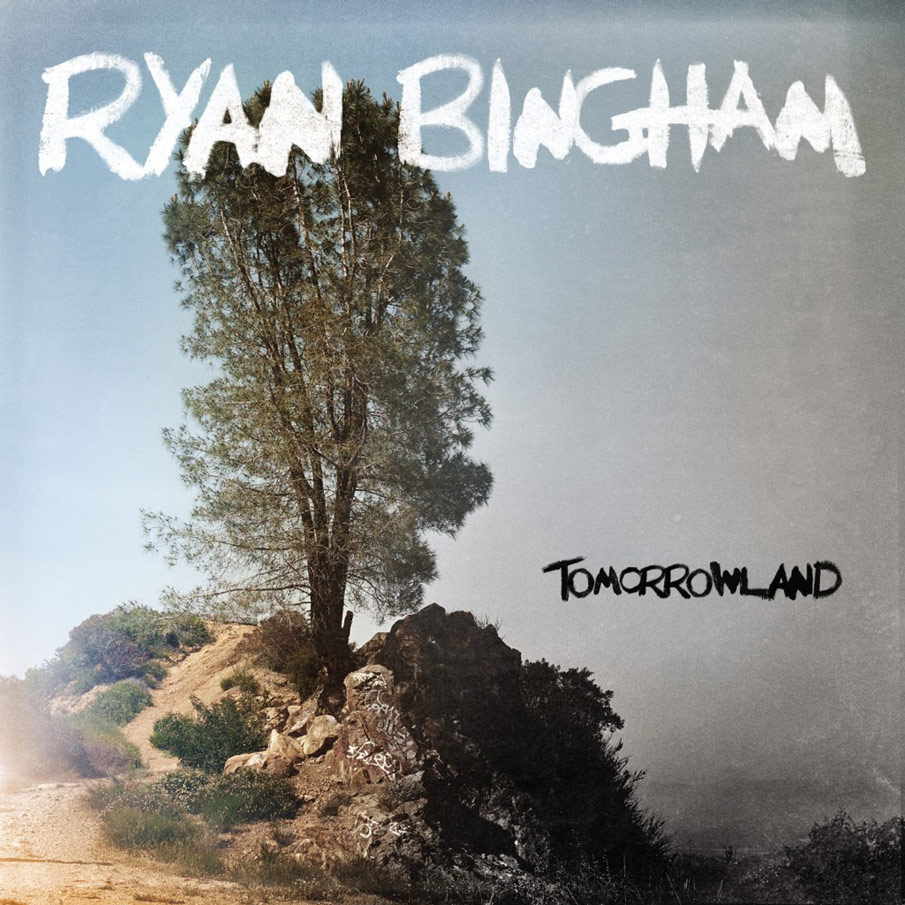
You mentioned rodeos. Did you actually ride bulls?
Yeah, I did. My uncle was a bull rider. I got into it as a kid going to junior rodeos and I worked my way up. I started riding bulls and traveling around with the rodeo. Then I started working for an actual company that produced rodeos. But yeah, I was an old bull rider. (laughing)
It seems so scary to me when I see it on TV.
Oh, me too. I don’t know how I did it.
Did you have any mentors along the way?
Later down the road after I started playing a bunch, I ran into these guys from Lubbock, Texas, which is about two hours from my hometown. Their names are Terry Allen and Joe Ely and they took me under their wing and let me open up shows for them. Those two guys helped me along the way, were pretty important to me, and still are important to me today.
Was there a point in your life when you decided you had to take a big risk to move forward?
Oh, every day.
When I started to sustain myself with music, I was homeless and living out of my truck. I was always on the run and going from town to town. I look back on it now and I don’t even know if it was about playing music; so much of it was about running from my past and my home situation. Playing music was just my excuse to be out there roaming around. People would say, “What are you doing?” Instead of saying I was homeless, I’d say, “Well, I’m a musician and I’m traveling around.” (laughing)
I don’t know if you’re in touch with your family, but are the people in your life supportive of what you do?
They are now. My wife is probably the biggest supporter. When I met her, that was kind of when my family really began. Both of my parents have passed away, but I still have my grandparents and an uncle who I’m really close to. He’s always been really supportive of me.
Your wife is also in a creative field, right?
Yes. She’s a filmmaker and director.
What’s it like to be in a relationship with someone who is also creative?
It’s cool because my wife really inspires me. She does all my music videos, album art, and photography, which is really nice because I trust her a lot. There’s no one who looks out for my best interest more than she does. It’s great to be able to collaborate with her on that stuff and to work so closely with someone who really understands who I am. She sees a side of me that others don’t—she knows where the songs come from, what they’re about, and has insight into where I come from. Because of that, I really enjoy working with her.
“When you get out there and you’re playing and singing those songs every night, you get to asking, ‘Why am I really doing this?’…when I get feedback from people who relate to a song because they’ve experienced some of the same things, I feel like I’m doing something good.”
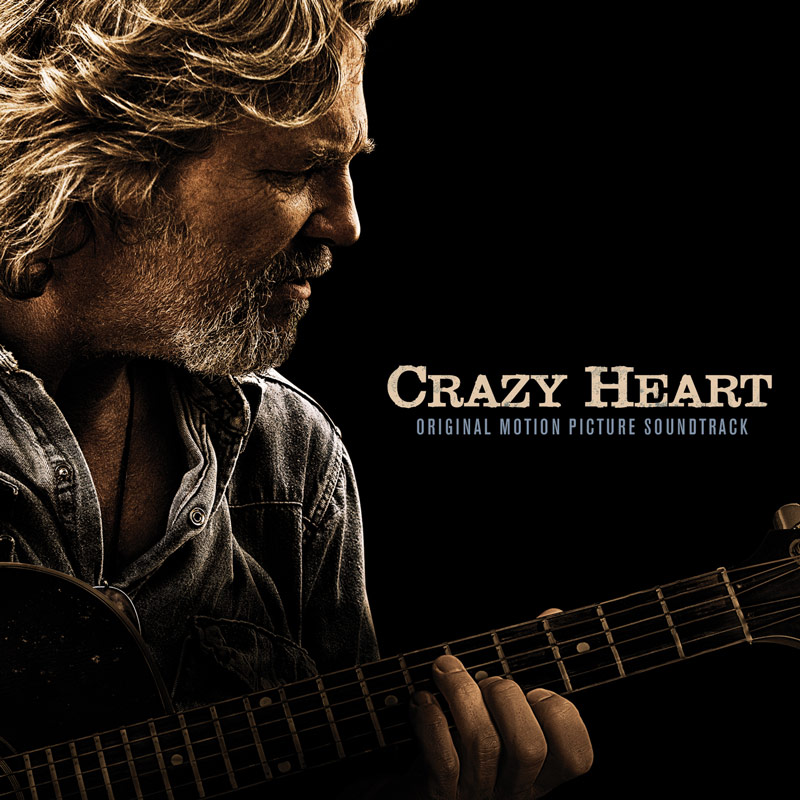
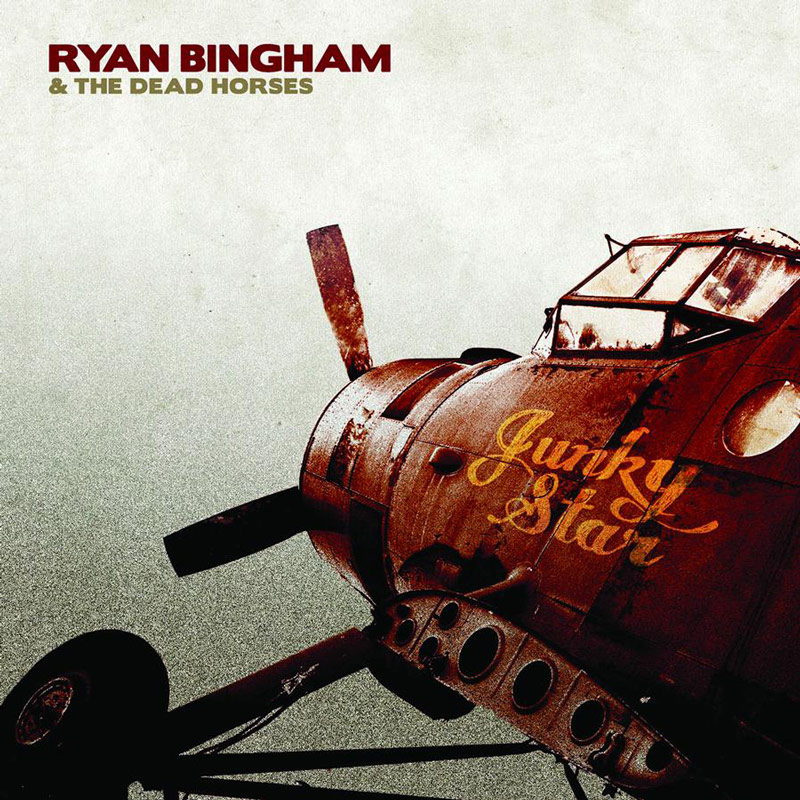
Do you feel a responsibility to contribute to something bigger than yourself?
Sometimes I do. When I first started writing, the songs were—I don’t know if I’d call them selfish, but they were really personal and about me and the things I was going through. They were like my diary because when I first started playing, I didn’t play for anyone; those songs weren’t intended for anybody to hear. As I grew, learned more as a musician, and travelled, I saw more of the world and how other people lived. I noticed this gradual process where I went from writing about the things I was going through personally to writing more about other people and places.
When you get out there and you’re playing and singing those songs every night, you get to asking, “Why am I really doing this? Why am I out here playing these really personal songs for people?” More than anything, when I get feedback from people who relate to a song because they’ve experienced some of the same things, I feel like I’m doing something good. Helping somebody through a song I’ve written or helping them experience an emotion or feeling—that makes it bigger than me.
Are you satisfied creatively?
Yeah, I guess that in the moment I am, but it always changes. The older I get and the more I see, the more I feel like I can do better. I’ve always considered myself a bit of a lazy songwriter. My attention span is really short, so if I’m writing a song and it doesn’t all come at the same time, I can get bored with it, set it down, and move onto something else. Sometimes I’ll go back to a song and think, “Man, I wish I would have worked on that one a little bit more.” That’s just something I’ve been learning as I get older—to work on the craft of it and take it more seriously. Now that I’m playing bigger shows and more people are coming out, I feel a responsibility to give it the best I can and not half-ass it. (laughing)
Is there anything that you’d like to try or explore in the next 5 to 10 years.
I’m always into trying new stuff and not being locked into doing one thing. Over the past few years, I’ve started playing a lot more electric guitar and experimenting with different sounds and tones and instruments. Traveling to different countries and hearing music from different parts of the world is very eye-opening. I don’t ever want to limit myself or feel like I can’t try something because I’m afraid of someone not liking it. I guess I’ve always wanted to try it all.
This might be a good spot for you to tell us about your newest album, Tomorrowland, and how that came to be?
Sure. It was really along those lines of experimenting and was inspired by playing electric guitar. I took the chance of co-producing it with a friend and we went at it with the attitude of not having any rules or caring about what genre it was going to be. It was just about playing and recording the stuff in the moment. A lot of the songs were written on electric guitar and I had the guitar and vocals, but didn’t really know what the other instruments were going to be playing or what they were going to sound like. It was really just go in there, throw a bucket of paint on the wall, and see what it looks like. In a way, I wanted the songs to create themselves and not be forced or formulated.
And you’re touring in Europe right now?
Yeah, I just got done. We were over here touring for about a month. My wife is originally from Germany and her family is over here, so we’re staying to spend the holidays with them.
That sounds fun! Are you touring in the US, too?
We started in the US and then came over here, but will be back to tour in the US in March. We’ll probably tour through the summer and into the fall.
If you could give advice to a young musician starting out, what would you say?
Oh man, I’d say this to you if you’re playing music and that’s where your heart is and it really means something to you: Always trust your gut feeling and go with that. Don’t worry about what people are going to think or say. Don’t worry that it has to sound a certain way. Follow your instincts and your heart. And don’t let the man get you down.
Nice. You’re based in LA right now. How does living there impact your creativity?
It does big time. When I was first starting, I was in the Austin area in the hill country and many of the songs I wrote were very regional. LA has been cool for me because it’s such a diverse city and I really appreciate that. Creatively, it’s a good spot for me because it keeps me more open-minded in what I write about, rather than just writing about a specific place and crowd. Anything goes here, which is really inspiring. Also, the more I travel, the more I start to take all these other places into consideration, too. That’s been really cool for me.
Is it important to you to be part of a creative community of people?
I don’t know. I think it’s important for me to be around it in order to be inspired by it, but writing has always been a really personal thing. I’ve found that I need to be by myself when I’m writing. It is nice to be able to go out for a night and see amazing bands or go to art exhibits or museums. Having access to that kind of stuff is important.
What does a typical day look like for you?
(laughing) Probably pretty boring to most people. I’m a big outdoors person and grew up in the country, so one thing I like about living in LA is that it’s really close to a lot of nature. Within a few hours, I can be up in the mountains of Yosemite or by the ocean in Big Sur or out in the Joshua Tree Desert. A lot of times, I’ll get up really early in the morning and take off on big hikes or go camping or surfing. If I’m at home working on songs, I’ll wake up and say I’m going to write. But if I get my guitar out, start playing, and something doesn’t come to me right away, I’ll put the guitar down. Half an hour later, I might find myself in the mountains saying, “What the fuck am I doing here?”
(all laughing)
Gathering inspiration for a song, right?
Yeah.
It’s also tough to get up and stay in one spot when you get off the road and you’ve been touring really hard for a year. I get this antsy feeling that I need to get up and move around. It’s a bit of a withdrawal and it takes a few weeks to get back into the rhythm of being at home. Once that happens, I really enjoy being home. I like the normal schedule of waking up early, having breakfast, and actually seeing the sun come up because I woke up in the morning and not because I stayed up all night, you know? I’m kind of a homebody. I’m not one to go out and be part of the scene—when I’m not on tour, the last place I want to see is a bar.
Do you have a current album that you’re listening to?
I do. It’s the last album from Gil Scott-Heron, I’m New Here. It came out about a year ago and I heard it a while back, but hadn’t taken the time to just sit with it. I’ve been listening to it lately and it’s pretty fucking amazing.
Do you have a favorite movie or TV show?
I recently watched a French film called The Prophet and it was amazing.
Favorite book?
I just read Water Music by T.C. Boyle and really enjoyed that.
Your favorite food?
Aw, it’s gotta be a steak—a ribeye steak cooked medium-rare with jalapeños on top.
What kind of legacy do you hope to leave?
I don’t know if it’s that important to me or if I really worry that much about leaving a legacy. Maybe young kids growing up a hundred years from now will hear my music and say I didn’t make any compromises for anybody? That’s always been really important to me—to do what I feel. So many people try to formulate art to market or sell it, but I think it can be a whole lot more than that, especially for young kids who grow up in an environment where creativity isn’t supported. Hopefully those kids can find the courage to pursue it, even when people are telling ’em that maybe it’s not the best idea.
